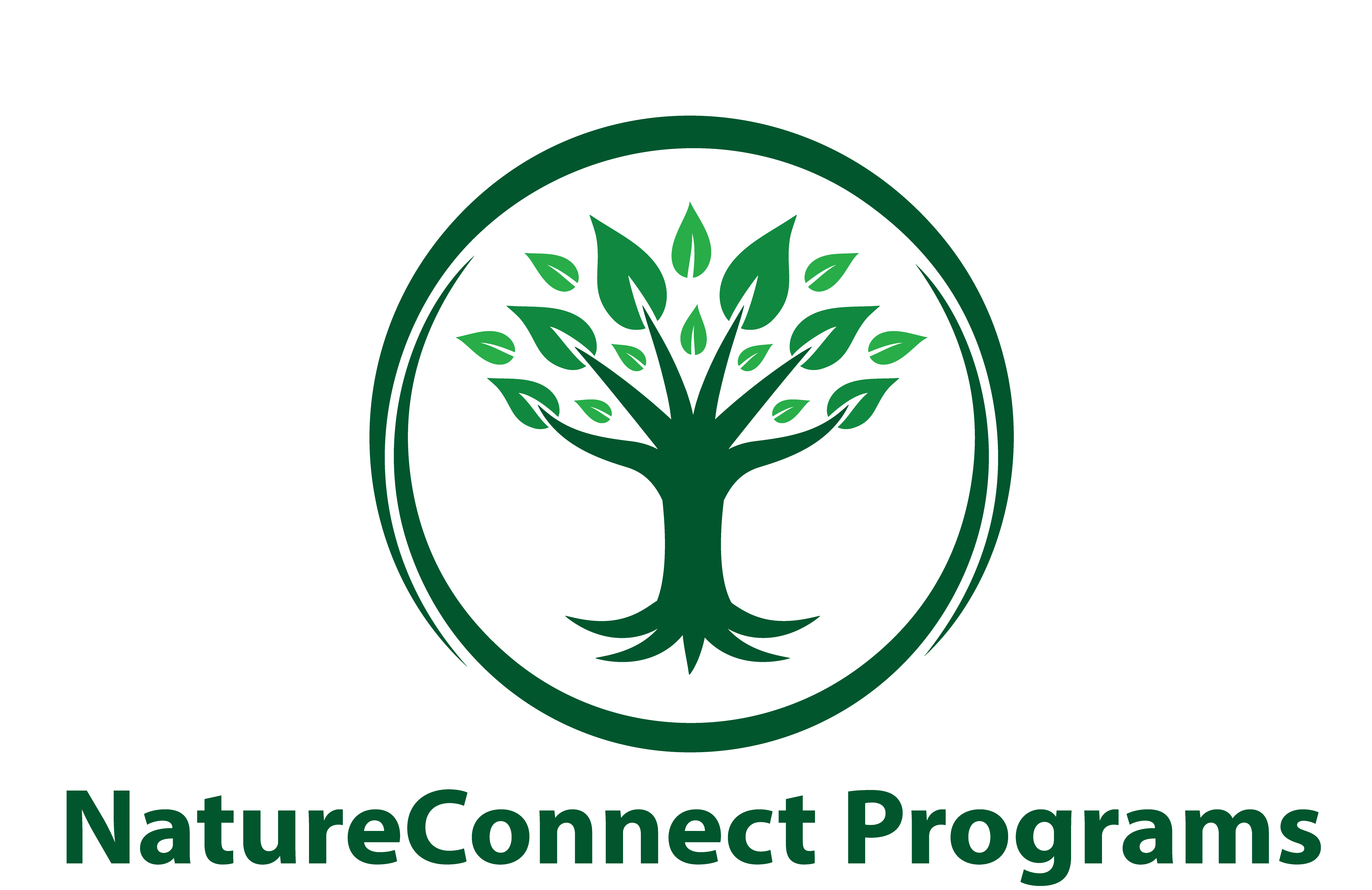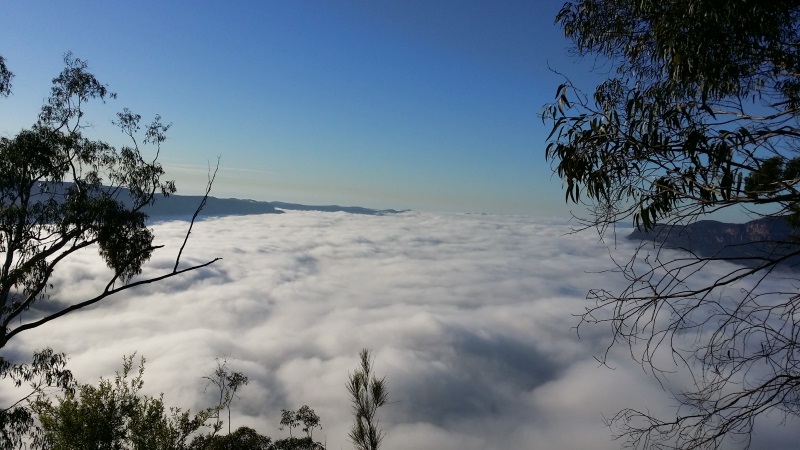When I reflect on my life and my world, as wonderful and troubled as it is, I wonder on what motivates people to act in a way that knowingly perpetuates our destructive systems. I look at behaviours that deliberately undermine the ecological and social fabric of our world. Mainstream politicians such as Trump and Turnbull immediately come to mind of influential people that do this. Certainly most of the actions by most ordinary people that undermine the health of our world tend to be based on a lack of choice (poverty) or awareness (knowledge and care about the consequences). I get that. But I wonder what motivates behaviours that contribute to the systemic destructiveness of our society, by educated or environmentally aware people that should know ‘better’.
The only guiding principle of human behaviour I know about is the one of pain-reward pathways of motivation. This basically says that people act to find relief from negative emotions, thoughts and feelings and/or the promise of experiencing positive emotions, usually from acquiring things and experiences. So people act in order to feel better but of course that pleasure or pain is subjective, its in the eyes or mind of the person. What is interpreted as pain or pleasure is to a large degree determined by our cultural and social contexts, our values and life experiences. So as I understand it this pathway is a significant contributor to the decisions by people, especially those with power, wealth and influence to implement these motivations, that lead to excess acquisition and destruction.
So how does this help me understand the state of the world? It provides a more nuanced understanding of why we collectively head down our path of destruction towards the abyss of civilisational collapse. Because while most people, especially educated and environmentally and socially aware people know the consequences of their actions, the disconnect they have from the rest of the world, from nature and from possible future impacts leads to inaction. I won’t go into the reasons for this such as denial, avoidance, disregard and inertia.
At one level it really is about a lack of care, due to disconnection, about consequences of their actions or their capacity to contribute to a better world leads to a disconnect that avoids recognition of any responsibility they or their community/nation has for revisioning a healthier world. Disconnect also happens when people feel disempowered to effect any change that may address our challenges. I look at my reaction of switching off to the suffering of the world when seeing too many stories on the news feeds about violence and degradation.
I realise the pain-pleasure model of motivation is not the only thing that drives behaviours and attitudes. The political and corporate motivators of power and greed and maintenance of the inequitable status quo are as or more significant influences on behaviours and destructive systems. But I suspect that if, at an individual level, we broadened our circles of engagement and relationship with others – human and non-human – then we would not only feel care more but also have compassion for those that are not as fortunate as we are.
The greater the sense of care for those beyond our immediate self and family, the more likely we will be able to take actions, no matter how small, that improves our insane world. This sense of connectedness to something greater than our own lives, greater than our own insecurities and wants opens us up to the possibility for a more heart-based engagement with our world needing our personal and collective respect and love. Connection is at its core an expression of care, compassion and love for All-that-Is manifested in the worlds of individuality and community we inhabit.

